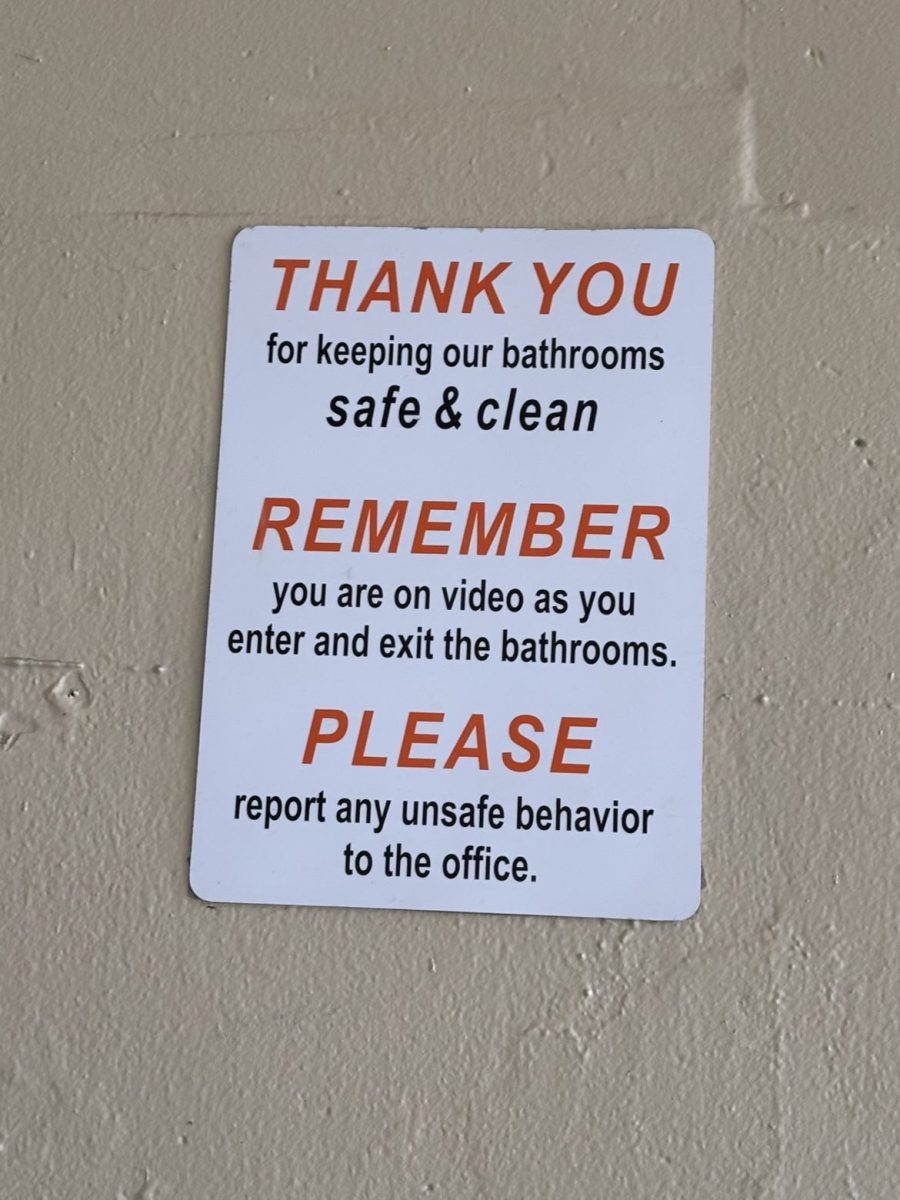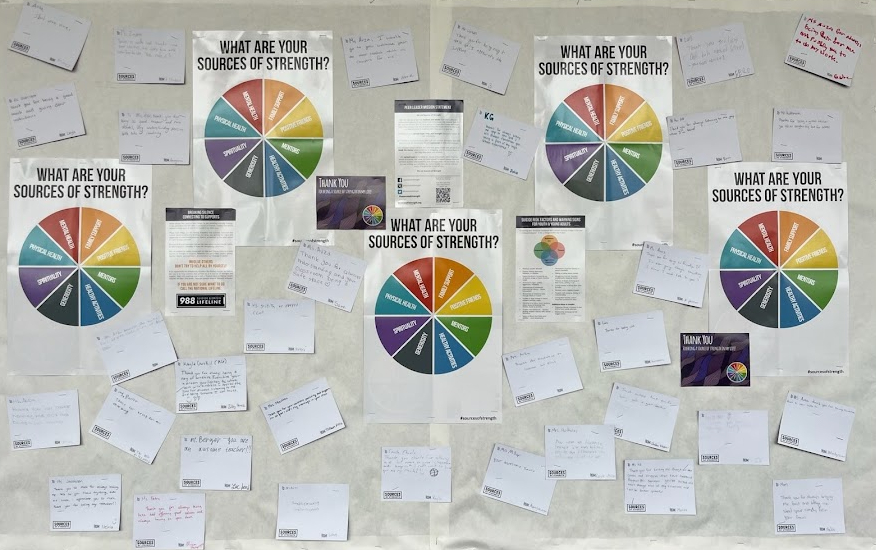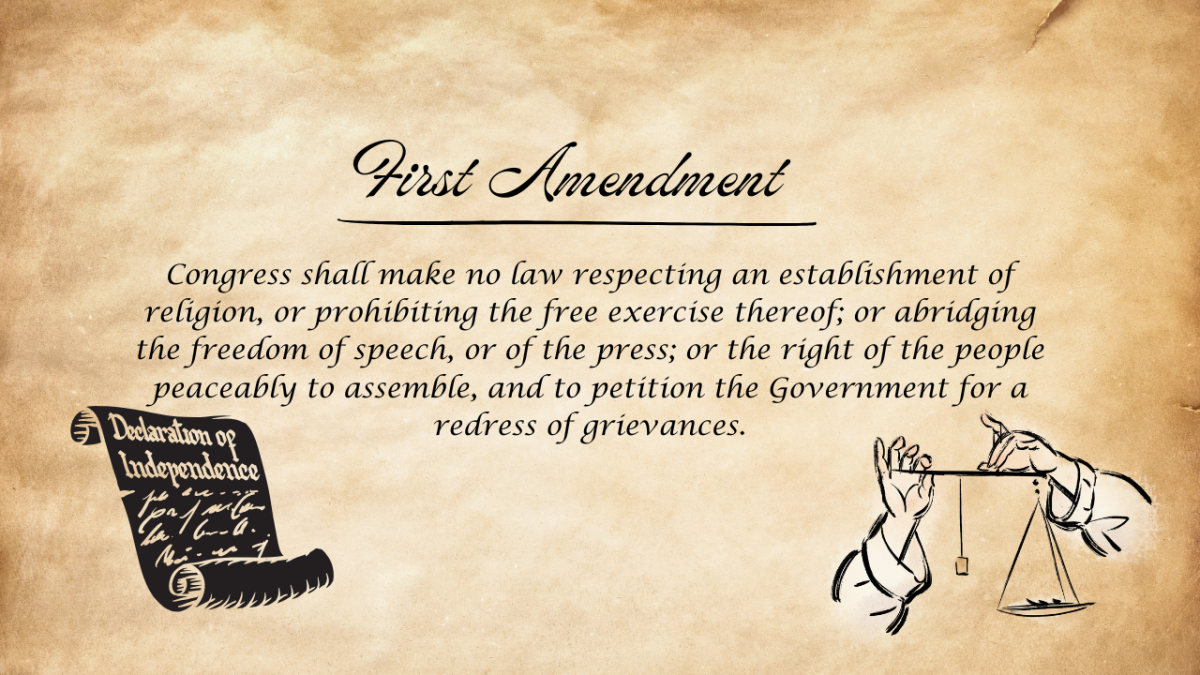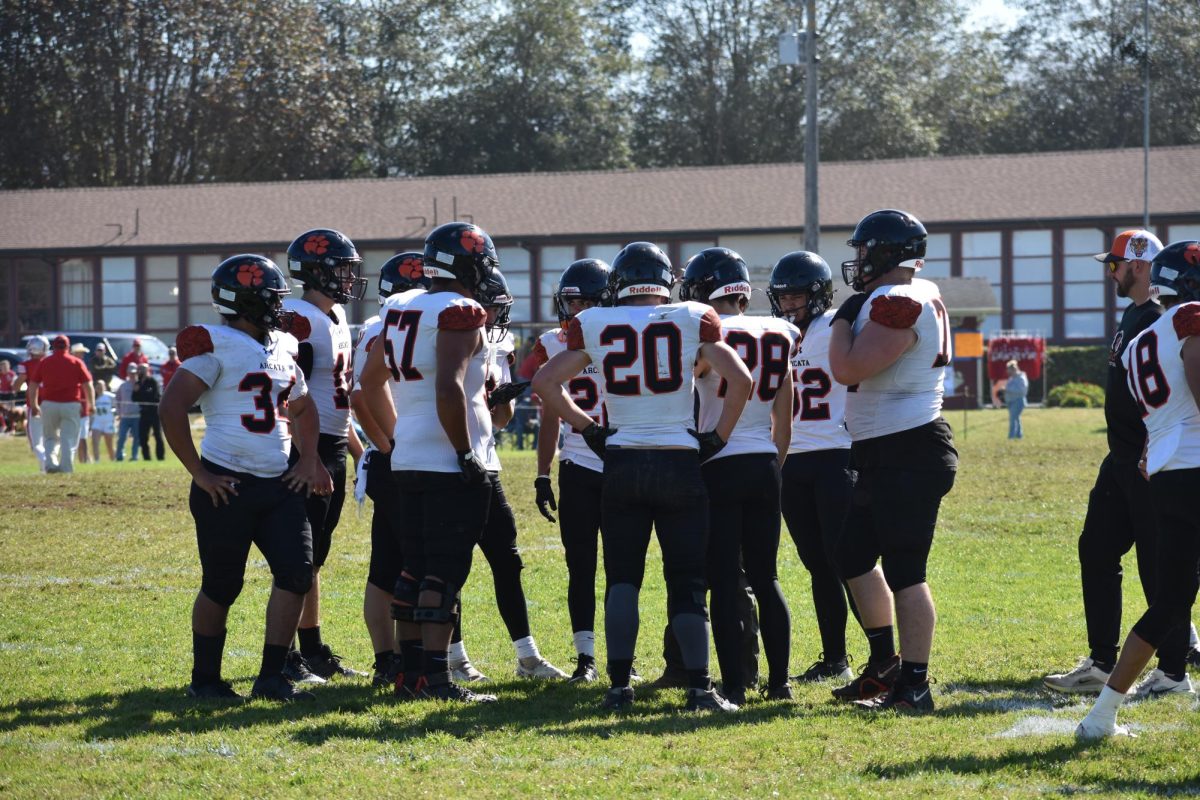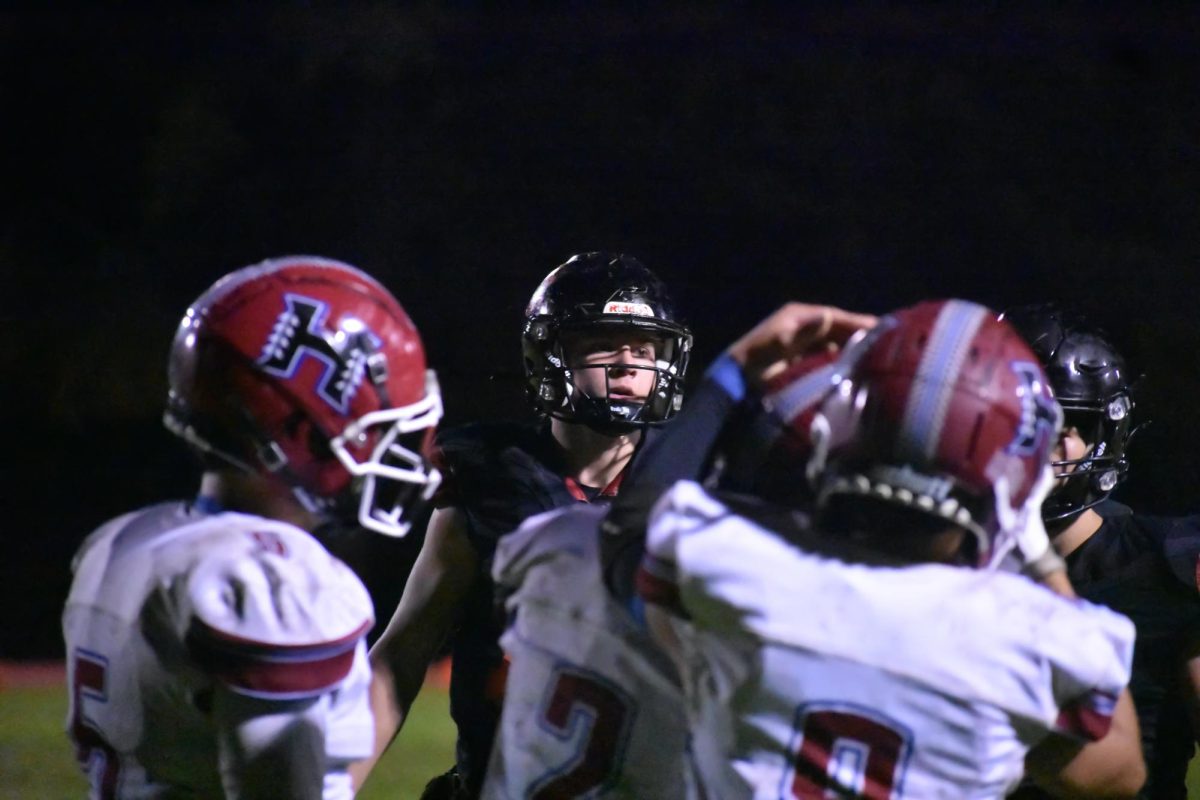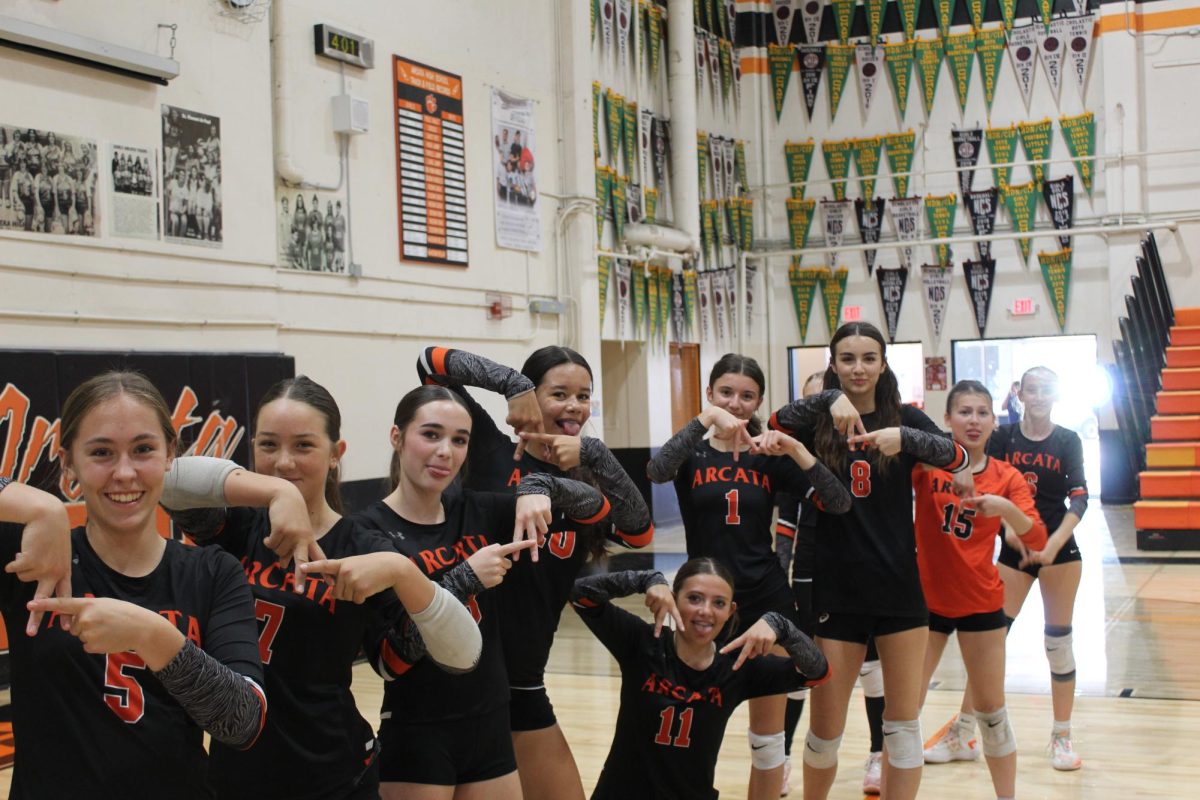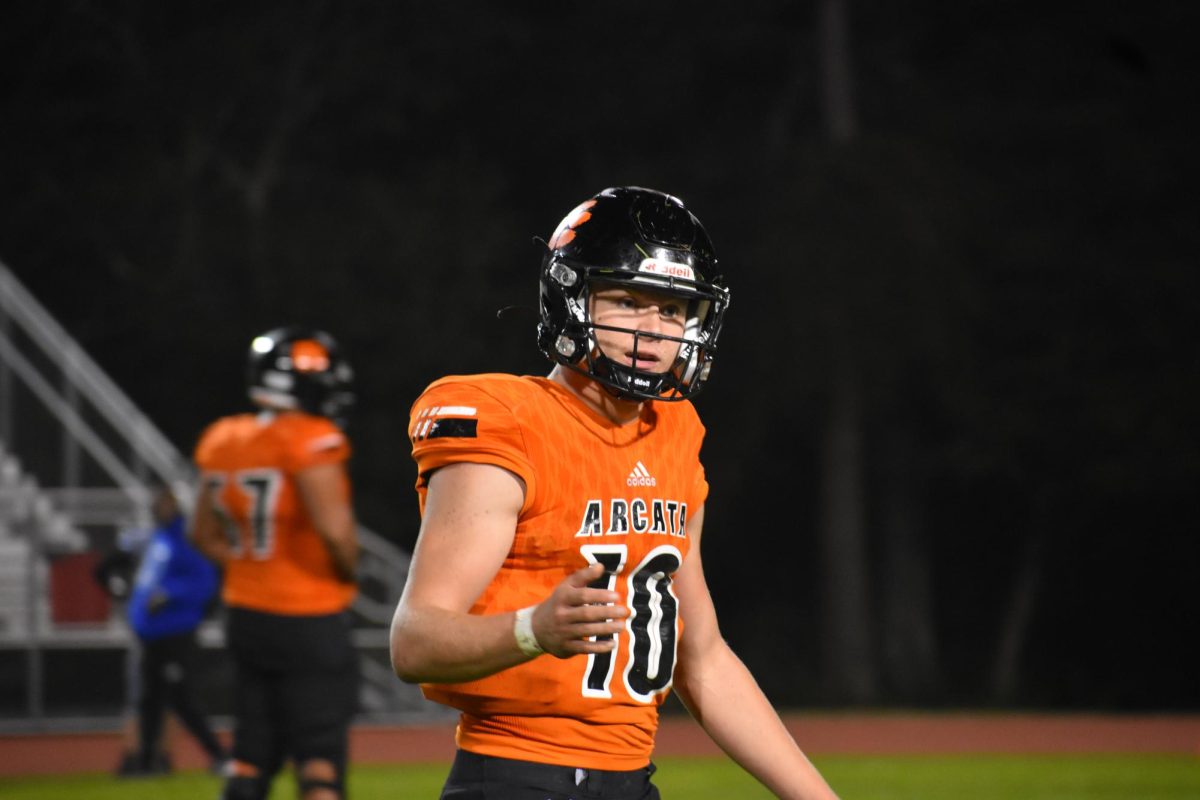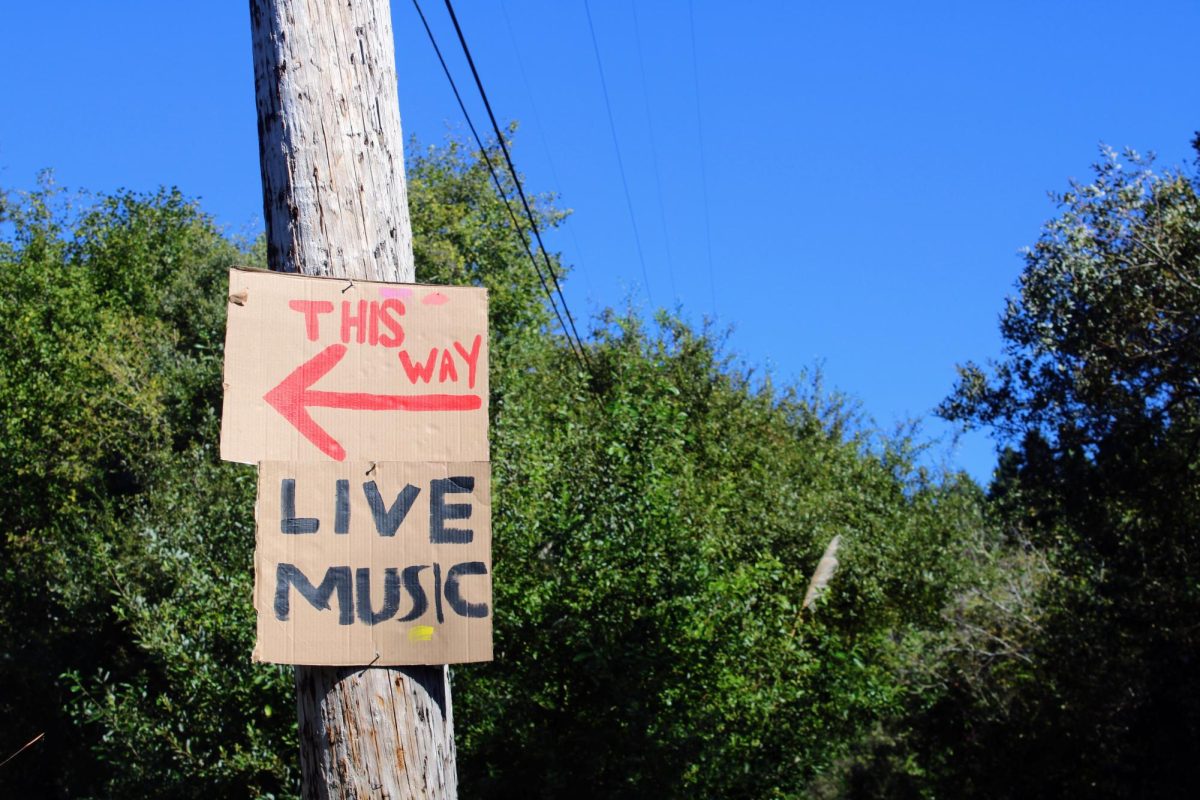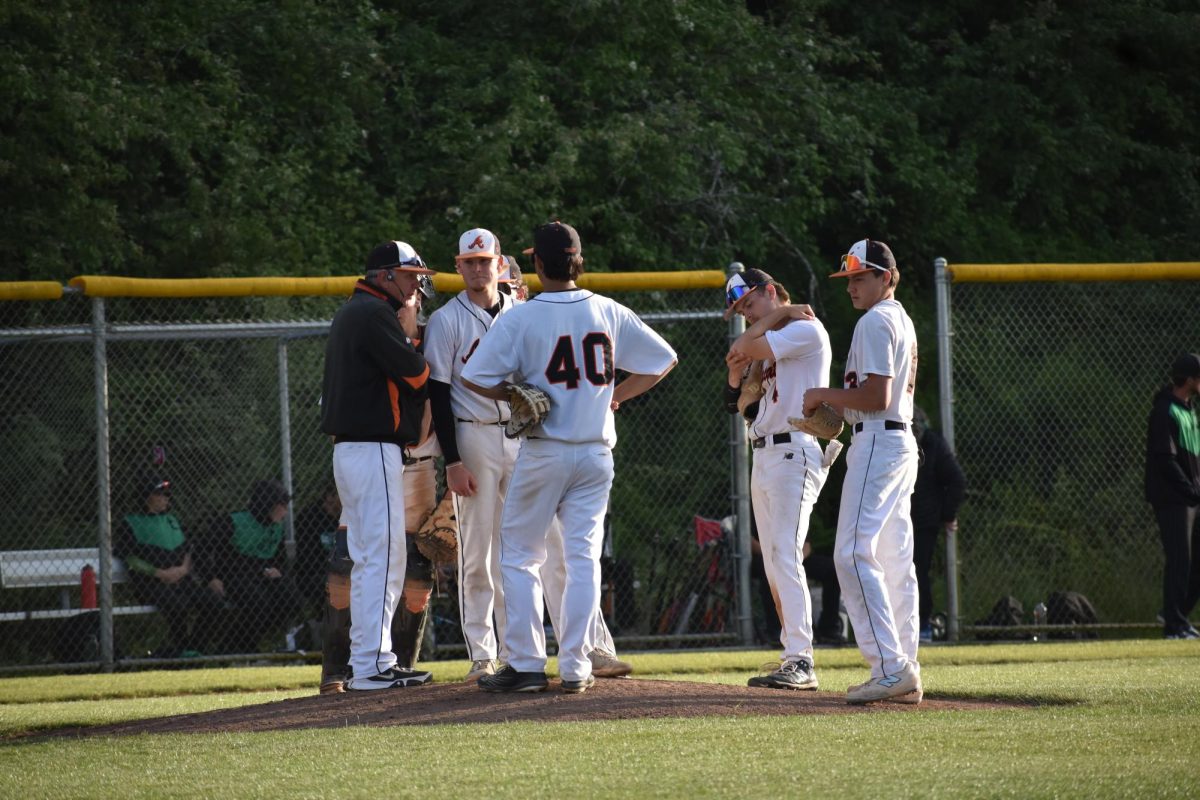234 years ago, the First Amendment was ratified. The freedom of speech, press, assembly, religion, and petition was created. Now, in 2025, in writing, the amendment still stands, but it is not being upheld in the same way the founding fathers may have intended it too.
Most of this surged when President Donald Trump returned to office. Since his return, he has filed multiple defamation cases against news outlets and their journalists. His most recent case was a 15 billion defamation suit against the New York Times (NYT) and four NYT journalists. According to the lawsuit, it’s due to the NYT pushing out misinformation leading up to the 2024 presidential election. The lawsuit claims that it has been “part of a decades-long pattern by the New York Times of intentional and malicious defamation against President Trump.” But, Trump defamation cases aren’t anything new. Since he entered politics, he filed between 30-40 defamation cases, against journalists and news outlets, subject to the consideration of dropped lawsuits.
“The most interesting developments recently… [are] the decisions often by the corporations to settle the lawsuits instead of taking them to court,” social science teacher Adam Pinkerton said. “I think that’s a really interesting development in political history, but also it’s going to be interesting to see how that continues down the road.”
The First Amendment provides protection only against government action, not against anything else. This means, there’s a thin line between constitutional and unconstitutional , which we have most recently seen with the temporary suspension of tv host, Jimmy Kimmel. Kimmel hosts a late night talk show on ABC, Jimmy Kimmel Live!. During an episode, he presented a monologue about the recent death of republican activist Charlie Kirk. After this episode aired, controversy immediately struck, and action was taken; the show was suspended. ABC and its parent company, Disney, making the decision to suspend the show is fully their decision to make, and they have the right to do so. The part that made this situation edge that very thin line of constitutional or not, is the fact that Trump’s administration pressured ABC to take action against Kimmel. The Federal Communications Commission (FCC) chair, Brenden Carr was head of this pressure. Carr made a statement that regulatory action against ABC, and any other service stations holding the show, would be put forth if they did not “change conduct and take action, frankly, on Kimmel.” So despite ABC making the final decision with the Kimmel show, it still is balancing on that faulty line of Constitutionality.
Media isn’t the only way the First Amendment hasn’t exactly been upheld, schools are also facing similar challenges. In Texas, all public schools are required to have the 10 commandments posted in every classroom from kindergarten to 12th grade. Regarding protections on freedom of religion within the first amendment, there’s two separate clauses. The Free Exercise Clause, which gives protection and right to practice religion, and then the Establishment Clause. The Establishment Clause keeps the church and state separate and does not allow a religion to be endorsed. With these clauses in place, coercing public schools to project religious beliefs is making people question if this is an ethical law.
Religion hasn’t been the only item of the First Amendment challenged in schools. Back in 2023, a report from FIRE, a free speech foundation, found an extreme spike in scholars being punished for speech. Attempted termination had increased 3525% since the year 2000, going from 4 to 145 attempts. That doesn’t take into account what’s been going on this year. Just after Kirk’s passing, NBC reported that at least three dozen teachers and professors were terminated from their jobs at both public and private institutions after commenting on the situation.
“That gets to a point where if it’s a public university versus a private university [there are] severe differences,” Pinkerton said.
It can be tricky with schools on if decisions regarding termination are constitutional or not. Private schools are self funded, but sometimes can be subject to state regulations. While on the other hand, Public schools are funded by state and federal taxes.
“The Bill of Rights initially only applied to the federal government,” Pinkerton said. “All parts of the first amendment now have been selectively incorporated to apply to the states.”
Concerning the termination of professors, decisions fully rely on if the institution is fully funded by tax dollars, and/or if what the professor said was violating a policy.
The Bill of Rights has changed meaning throughout the years, but when the First Amendment was put into effect, it was to ensure that the federal government could not silence the people of the US, and that was supposed to stay the same. But recently, every day it seems the government is pushing that constitutional line to see how far they can get without fully going over it.



